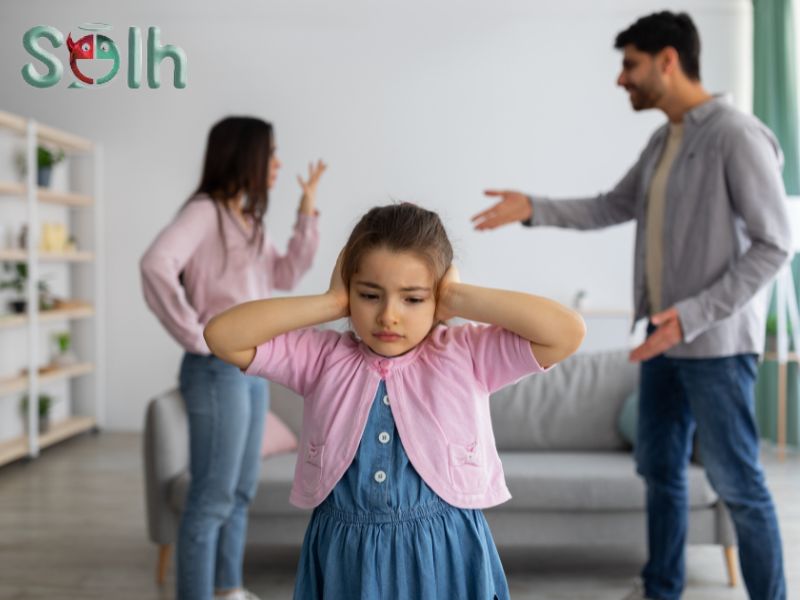Down syndrome, also called trisomy 21, is a genetic condition that arises when an individual possesses a complete or partial additional copy of chromosome 21. This disorder is characterized by unique physical traits, an elevated likelihood of specific medical issues, and differing intellectual and developmental delays.
Down Syndrome Causes
Down syndrome causes can vary depending on different factors in individuals. Here are the major Down Syndrome Causes detected so far:
Chromosomal Abnormalities: Down syndrome is a genetic disorder that occurs due to an extra copy of chromosome 21 in an individual's DNA. Usually, humans have two copies of each chromosome, but individuals with Down syndrome have three copies of chromosome 21. This additional genetic material can lead to various physical and developmental characteristics, including distinct facial features, intellectual disabilities, and a higher risk of certain health conditions.
Maternal Age: The likelihood of having a child with Down syndrome is higher in women 35 or older than in younger women. This is because the risk of chromosomal abnormalities, such as non-disjunction, increases as women age. In younger women, the chance of having a baby with Down syndrome is relatively low, while in older women, the risk becomes higher.
Translocation: In some cases, Down syndrome can also arise due to a genetic rearrangement called translocation. Translocation involves the breakage of a segment of chromosome 21, which then attaches to a different chromosome. This rearrangement can cause the individual to have three copies of chromosome 21 or a portion of it, leading to the symptoms and health concerns associated with Down syndrome.
Down Syndrome Diagnosis
Down Syndrome Symptoms are easily recognizable in many cases. The physical characteristics of Down syndrome, such as a round face, upturned eyes, and a short, stocky build, are often used to recognize the disorder. Individuals with Down syndrome diagnosis may also exhibit awkward movements, which can be attributed to low muscle tone or hypotonia, that can impede physical development. These physical features are considered signs of Down syndrome rather than symptoms. They may be detected after a child's birth or, in some cases, during pregnancy. Healthcare professionals and parents often look at this Down syndrome diagnosis early and facilitate early interventions and treatments.
You May Also Like: Imposter Syndrome: Symptoms and How to Heal
Challenges caused by Down Syndrome
Cognitive delays: People with Down syndrome may struggle with cognitive abilities like memory, attention, and problem-solving.
Language Barrier: Many people with Down syndrome experience speech and language problems and may require additional support with communication.
Learning difficulties: People with Down syndrome frequently struggle in school and may benefit from specialized instruction.
Deficits in executive function: Individuals with Down syndrome may struggle to initiate tasks, plan, and organize their thoughts.
Down Syndrome Treatment
Most kids with down syndrome need mental health therapy that can help them in the future. The main aim of giving these mental health therapies to these kids is to make them as independent as possible when they grow up. Early intervention is a set of therapies and exercises for individuals with Down Syndrome to address delayed development issues.
There are generally three types of medicines for Down Syndrome Treatment.
Physical Therapy: Babies with Down syndrome often have low muscle tone or hypotonia, which can hinder their physical development and lead to issues like bad posture later in life. Physical therapy can address this by helping to improve muscle tone and strength while teaching them how to move their bodies properly for daily activities. This intervention can help to improve their overall physical functioning and prevent future complications.
Speech Therapy: Children with Down syndrome may experience difficulties speaking clearly due to features such as small mouths and enlarged tongues, which are more pronounced in hypotonia. Additionally, hearing loss can impact speech development. Speech therapy can be beneficial in helping children with Down syndrome overcome these challenges and improve their communication skills. Some children may also benefit from learning and utilizing sign language.
Occupational Therapy: This kind of therapy helps individuals develop skills that'll help them in their future endeavors and also help them be as independent as possible.
Conclusion
Down Syndrome can be problematic for the sufferer's family, friends, and close ones. Early intervention is the best treatment for an individual with this disorder.
If your close one is also going through a similar condition, connect with Solh Wellness.
We have Allied therapies and 200+ mental health practitioners available to help you in your healing journey. Download the Solh Wellness App and help out your loved ones.



